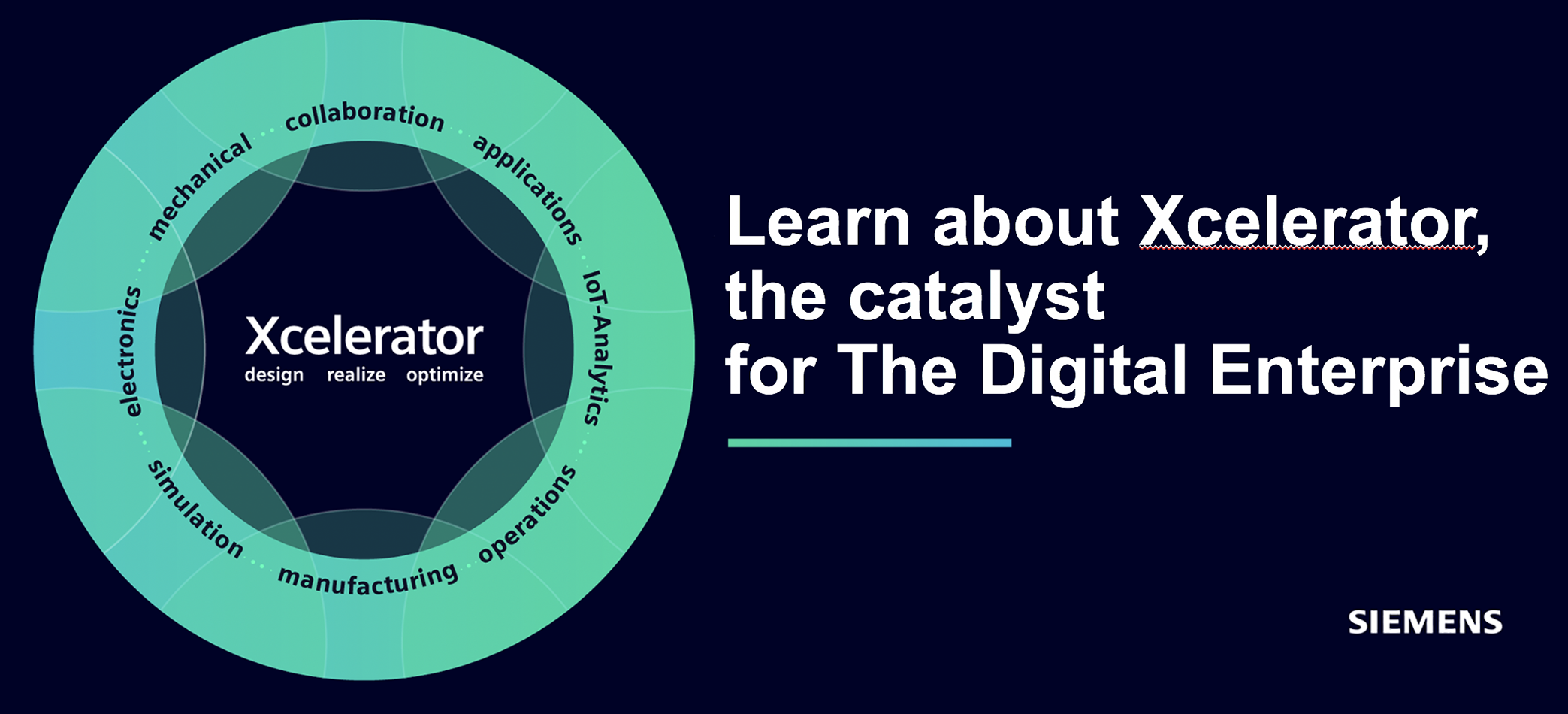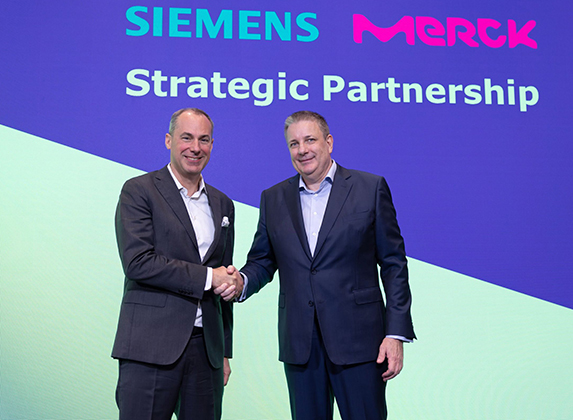As one of the largest pharmaceutical, technology and science R&D companies in the world, Merck is driving an ambitious digital transformation agenda. The turnover in 2023 was over 21 billion euros. The company is at the forefront of research to deliver innovative health solutions that promote the prevention and treatment of disease in humans and animals. As a result of the collaboration with Siemens, the core of the company’s development work will largely be based on the digital transformation of manufacturing, Smartfacturing. The MoU introduces a centralized governance structure to streamline decision-making and a contractual framework to accelerate the partnership agreement, opening doors to new business opportunities and industry-leading advancements. The collaboration aims to drive innovation, reduce complexity and create growth for both companies.
The example of the modular GMP production line
A recent example of successful collaboration is the modular production line for GMP (Good Manufacturing Practice) at Merck, based on the new MTP (Module Type Package) automation standard, which ensures that the plant meets the highest standards of quality and safety, guaranteeing that every product manufactured follows rigorous industry requirements, ultimately protecting patient health and reinforcing Merck’s commitment to excellence.
Merck currently uses this new automation technology for pharmaceutical and chemical production, but it can be applied to various production processes and manufacturing industries.
More about Product Innovation Platforms
A business platform that supports all product-related disciplines and users throughout the entire product life cycle is a pillar of the Product Innovation Platform concept. Much has been written about this – how the tools of design, modeling, analysis, optimization, production and maintenance come together to optimize business operations and how they catalyze new revenue streams. But what are the benefits of implementing product innovation platforms?
The analyst CIMdata has described the matter as follows: ”The main reason to invest in Product Innovation Platforms is that your company’s processes for product life cycle management and resulting products and services will not be surpassed by competitors. In hyper-competitive markets, rivals exploit any gaps and rush alternatives into the market.
A PIP ensures the company’s flow of new products because the tools, people and information work in sync throughout the lifecycle. Business unit and department goals are met, incentives and bonuses are paid, job security is improved, financial forecasts are met or exceeded, and business milestones are achieved.”
Definition of a product innovation platform
A PIP is a set of functional domains under development—process, life cycle stage, and technical domains such as system ideation, profitability management, and quality and compliance (see Figure 1 above). They are orchestrated by the platform with a “system of systems approach” that essentially turns a product innovation platform into the enabler of the next generation of PLM-enabling solutions.
Product innovation platforms are intended to support groups of technically oriented people who collaborate across the levels of departments, business units and the enterprise. These functions are increasingly needed throughout the extended enterprise including customers, suppliers and business partners, not just through new product development (NPD) – it used to be product data management (PDM).
An effective PIP includes management of portfolios, programs and projects, profitability, service, system ideas and implementation as well as quality and compliance. Furthermore, from a product’s perspective, an effective platform optimizes the journey across these multiple lifecycle domains throughout its life cycle.






